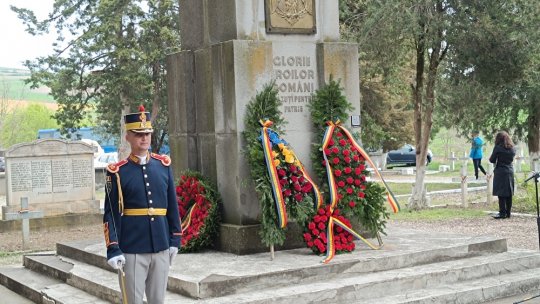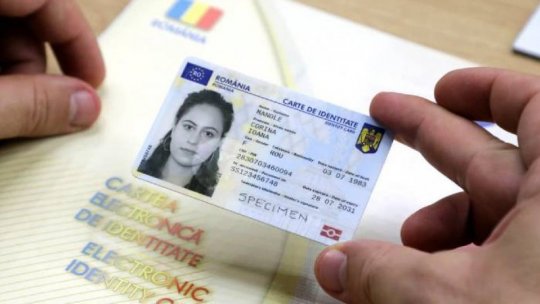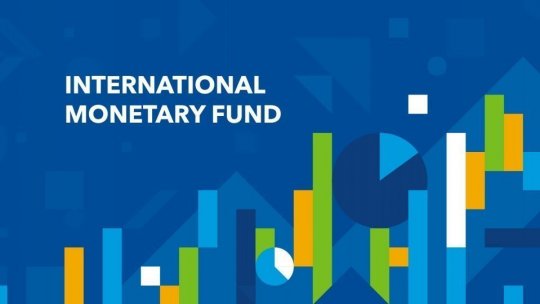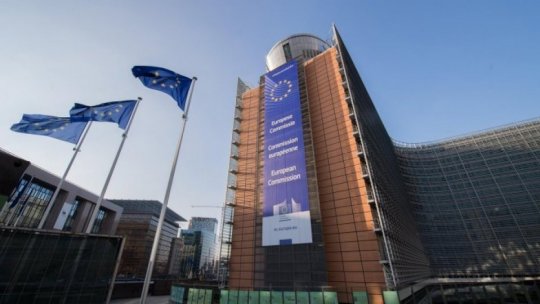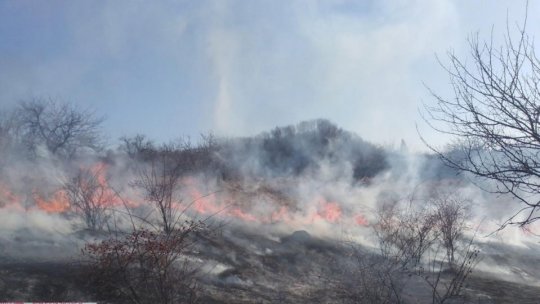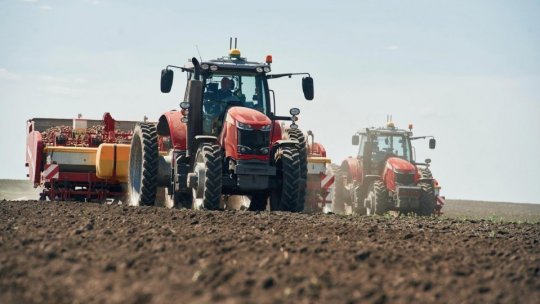The kosovar "indignados"
In Kosovo, the wounds of the past are still fresh, the Serbs in the North still refuse to think of Kosovo otherwise than as a Serbian province, and on top of it all, the shaky economic situation may take things to the boiling point
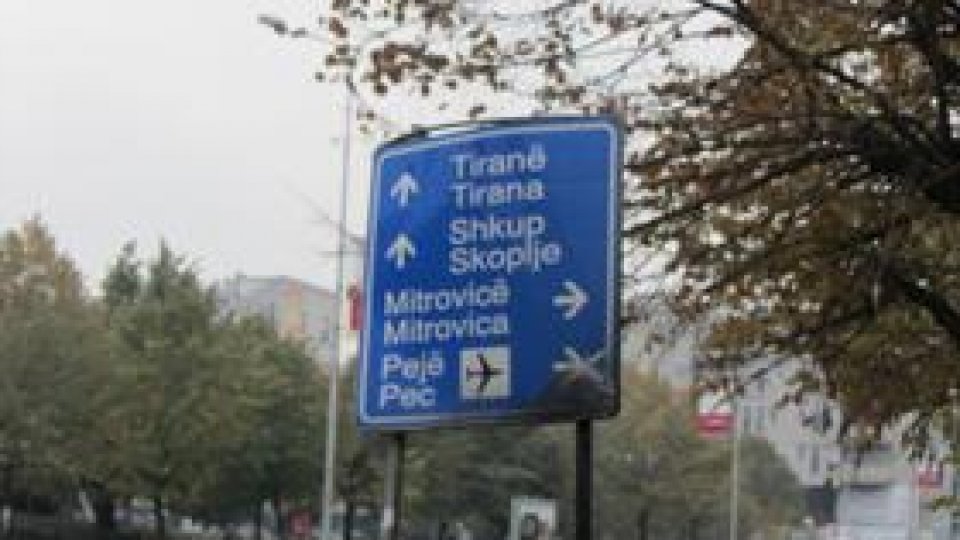
Articol de Carmen Gavrilă, 31 Octombrie 2011, 16:33
In Kosovo, the wounds of the past are still fresh, the Serbs in the North still refuse to think of Kosovo otherwise than as a Serbian province, and on top of it all, the shaky economic situation may take things to the boiling point and result in street protests as those we have seen in Spain or, some say, even a Balkan spring.
The Kosovars try to heal their past with humor. Ariel, a young brilliant director in Pristine shows me how Albanians try to make peace with still not having a clear place in the international scene, as some EU member countries like Spain and Romania have yet to recognize Kosovo as a state.
Ariel goes: "Once, some KFOR Spanish soldiers met an old albanian kosovar who, to their surprise, warmly thanked them – Thank you, thank you from the bottom of my heart, said the old man. The soldiers wondered why: Why do you thank us, Spain has not recognized Kosovo as a state! The old Albanian Kosovar goes: True, but you Spanish have discovered America!”
The Kosovar sense of humor seems intact, but as Europe is increasingly preoccupied with the Arab spring, the Kosovars feel forgotten, although they live only steps away from the heart of Europe, right in the most risky, full of unhealed wounds and yet to be stabilized area, despite the international presence there.
The enthusiasm of having declared the independence still motivates young people in Kosovo. Most of them have higher education, MB's abroad, and although the US or other European countries are tempting, they still chose to live in Kosovo and make a life here.
"We have the youngest population in Europe, which is at the same time an advantage and a problem, since we face a high rate of unemployment” says Prindon, a young man of 30 who doesn't consider himself young, by comparison to the majority of about 27 years old people in Kosovo.
Many young people find jobs with the international missions and organizations in Kosovo, but most of them still rely on their parents for a living or even for pocket money. “The night life here is amazing, maybe because young people have nothing else to do, they have a lot of free time which they spend in cafes instead of working”. OK, but one needs money in order to spend time in cafes” I thought out loud... ”Well, here, coffee is not expensive” answers Prindon with a smile.
UN statistics show that Kosovo has the highest unemployment rate in Europe and a study by Kosovo Foundation for Open Society warns that if Kosovo is not properly received in Europe, there is a high risk that a consistent segment of the population, especially young people, might take the discontent to the streets, just like the Spanish “Indignados” or even to see something of a an “Arab spring” in the region.
Moreover, just as it happens elsewhere in Europe, young people here chose to ignore politics. The fragility of the coalition in power in Pristine, the dissensions inside DPK and the reluctance of political leaders to become more accountable slow down reforms and spark discontent especially among young Kosovars. "Most of the young people here have no interest in politics because they lost faith in politicians as they failed to bring about better results, yet, when it comes to elections, the presence at the voting stations here is better than in the rest of Europe” explains Prindon.
Corruption sometimes goes hand in hand with the transition process, as proven everywhere in the Balkans. Recently, EULEX's organized crime unit has arrested 3 people in a corruption case that involves employees of the Ministry of Internal Affairs in Pristine. The operation had the support of the Minister of Internal Affairs. The case is about the acquisition of 12 automatic riffles for approximately 31.000 euros, as their real price was of about 15.000. The guns were imported in Kosovo from Germany and the acquisition was made though Kosovar companies, with the approval of UNMIK.
The internal political situation remains uncertain, with a certain degree of security risk in the future as DPK is internally divided on how to manage war crime accusations against some of its members. Prime-minister Hashim Thaci has to play a delicate game, as some party members accuse him of not defending those who risk legal procedures against them.
Despite the economic and political hardships that come from Kosovo's lack of recognition from some European countries, the GDP (made mostly of remittances and external aid) has grown by 6%. But, the IMF warns that the government may find itself, by the end of the year, in the situation of not being able to make payments, as the available resources cannot sustain the expenses.
UN, NATO and EU missions in Kosovo are among the most important employers in the area and they secure a constant income at least to people living in Pristine. According to the European Commission, the monetary framework works quite well, but new measures are needed for the financial sector, regulating and monitoring policies - most needed reforms as banks often offer bad loans and fiscal policies are still unpredictable.
Yet, as the EU reports show, this year Kosovo has made some progress in securing fair competition, anti-trust policies, public acquisitions policies and government assistance, but now the EU wants to see the laws put in practice.
As 5 European countries, among which Romania, have yet to recognize Kosovo as a state, people in Kosovo say local economy suffers, trade is difficult, so is the circulation of goods and persons, and the ones who suffer most are young people who make about 65 percent of the population, according to several statistics.
But, despite all recent disappointments, the atmosphere in Kosovo is as feverish and enthusiastic as it was in Romania in the 90's. Many young people, as genc Salihu, show entrepreneurial spirit. Genc is a young musician who opened one of the most popular places in Pristine – the Day and Night cafe. Genc says his cafe is more than a business. “I realized, at some point, that this place can do more than help me with my music, it is also some kind of an unofficial institution, where people can get together, can communicate, can even come up with social and cultural initiatives, there are a lot of things around this cafe, like the label and the foundation”.
As jazz music fills the room, in the cafe with book-shelves covering the walls from floor to ceiling, Genc is making plans to open a similar cafe in Bucharest, in Romania, and shows no fear of the future, despite the past, despite the present.

